
For the first time, a research team mapped C difficile’s outer “S-layer,” finding the dangerous bacteria’s chainmail-like shell enables it to be highly resistant.

For the first time, a research team mapped C difficile’s outer “S-layer,” finding the dangerous bacteria’s chainmail-like shell enables it to be highly resistant.

“COVID-19 need no longer control our lives,” President Biden said, detailing a plan to immediately provide free antiviral pills to anyone who tests positive.
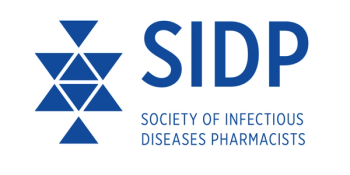
In the latest column from SIDP, handshake stewardship prioritizes face-to-face communication between frontline providers to enable feedback to assess the appropriateness of prescribed antimicrobials.

The Affordable Care Act can remove financial barriers and increase access to PrEP, the study authors said.

A major genetic risk factor for COVID-19, inherited from Neandertals, significantly reduces the risk of contracting HIV.

Due to decreased efficacy against the Omicron variant, the FDA is now recommending approved populations receive a higher dose of Evusheld (tixagevimab and cilgavimab) for COVID-19 prevention.

The federal agency cited chemistry manufacturing and controls issues with vials.
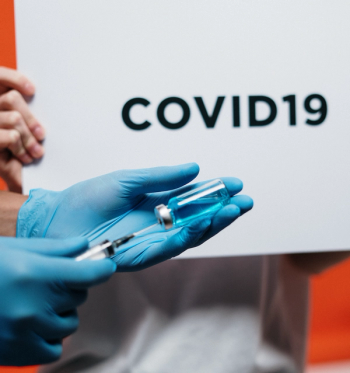
New research points to vaccine effectiveness against infection dropping from 68% to 12% in this pediatric population within a month.
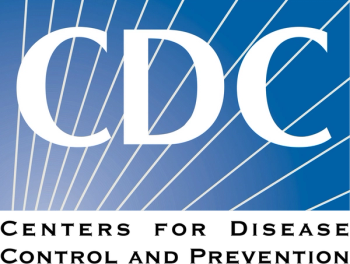
This flu season, the CDC reported at least 2.4 million flu illnesses, 23,000 hospitalizations, and 1,400 deaths from flu so far.

A pair of studies released last weekend found the COVID-19 pandemic was caused by at least 2 zoonotic transmission events at the Huanan Seafood Wholesale Market in Wuhan, China.
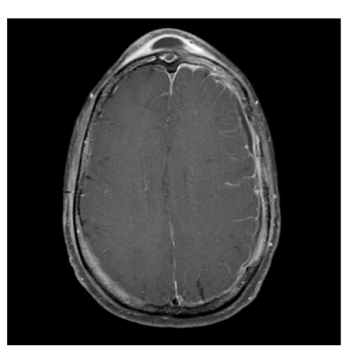
A rare case of Pott puffy tumor occurs in an atypical patient with no risk factors, likely due to untreated sinus infection.

Although it is possible, a small Danish study showed the majority of these cases were often mild and in unvaccinated individuals.

The waning of protection after full vaccination matters more than the advent of the more transmissible Delta variant in subjects who tested positive for COVID-19.

This is broken down into counties that are either high, medium, or low level categories. Many areas of the US are able to go without masks.
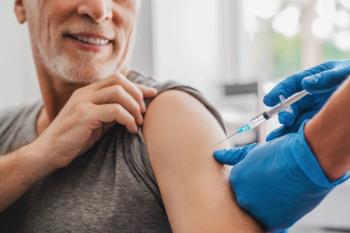
Among fully vaccinated people, being older than 60 years and having kidney failure were the only consistent predictors of severe COVID-19 disease and death.

For people living with HIV, age-related comorbidities, such as obesity and diabetes, as well as quality-of-life issues remain challenges. Our Peer Exchange panel discusses clinical approaches for this patient population and trying to keep them in good health.

The federal agency is going to lay out recommendations for states.

Although COVID-19 vaccination remains the primary focus for health care, other paramount vaccines need to be recognized. Here is a review.

This is the first authorized COVID-19 vaccine that was developed by a Canadian-based company, and the first that used a plant-based protein technology.

CDC expands recommended timeline between second and third COVID-19 vaccine to 8 weeks for people 12 years and older, especially for young men, to reduce the risk of myocarditis.

The FDA approved the One Male Condom as the first condom approved and proven to protect against STIs and HIV during anal sex.

Pfizer’s TicoVac vaccine was developed to immunize young children and adults to prevent Tick-Borne Encephalitis.

The IDSA, HIVMA, and SHEA released a statement opposing legal intervention on behalf of ivermectin as a COVID-19 treatment.

The 2019 Strategic Plan of the Infectious Diseases Society of America lays the groundwork for understanding prescribing practices.

A clinician offers his perspective on how the virus is behaving and the role that vaccines and therapies will play.

Moderna was endorsed to begin phase 3 clinical trials for mRNA-1345, what could be the first respiratory syncytial virus (RSV) vaccine.

COVID-19 patients’ ZIP codes influenced how sick they were upon hospitalization, and how much care they needed after admittance.

A review of treatment modalities for this patient population.

Latest update of the bill introduced in the House November, but no word on a potential vote yet.
